KENT—At a time of year when “peace on earth” is a commonly-heard wish, there seems little hope that the global conflicts engulfing the world today will end any time soon. From cross border attacks in Gaza and Ukraine to civil wars in Syria, Libya and Sudan, the world is embroiled in widespread armed violence and political instability.

The level of turmoil seems unmatched since World War II, when the nations of the world came together to form the United Nations, an international body devoted to promoting global peace and preventing a recurrence of the devastation and destruction of the war years.
Today, as the world seems to be spinning out of control and the future of America’s involvement in shaping its future is in question, the United Nations appears ill-equipped to fulfill its mission of resolving conflicts and restoring peace, according to Kent resident Joseph Baxer, president of the Connecticut chapter of the United Nations Association (UNA-USA).
Dr. Baxer, who has also been the U.S. representative to the United Nations for the London-based Strategies for Peace, and who was formerly executive director of the Intercultural Institute of Connecticut, is an ordained priest with the American Catholic Church.
He holds doctorates in theology and psychology, along with advanced degrees in philosophy and sociology from major universities here and abroad.
He recently returned from a trip to Europe where he and his wife, Barbara Bacewicz, also a member of the board of the Connecticut chapter of UNA-USA, spent time getting a sense of the political climate in Eastern Europe.
“The European Union was meeting in Budapest while we were there and we spent time in the Baltic area, observing how they have recuperated—or failed to recuperate—since the fall of the Berlin Wall and liberation from Soviet domination,” he said. “We also explored how ethnic tensions have continued.”
Those ethnic tensions are just one of many causes of the two dozen conflicts around the world, tracked by The Council on Foreign Relations. The group reported that in 2022, some 237,000 people were killed due to organized violence, the most conflict-related fatalities in the last 30 years.
Baxer, now 82 and a veteran international conflict consultant, has engaged in the work of sustaining cultural diversity and mediating cross-cultural conflicts for nearly half a century. He confesses to a “passion for global issues.”
His observations were far from happy. “In Hungary 10 years ago, the talk was hopeful. Now the government is more repressive, less open to freedom of speech,” he reported.
Other parts of the world are in an even worse state, he noted.
He said the future of Middle East peace “is an illusion,” referring to the long history of conquest and displacement in the region.
“Think of Cyrus, Alexander, the Romans, conflicts from the Hebrew scriptures, the Crusades, and the enforced division of the Middle East after World War I, which David Fromkin called ‘A Peace to End All Peace,’” he said.
“Peace in the Middle East depends on three cranky old men, the Ayatollah, who is worried about his legacy, Netanyahu, who wants to stay out of jail, and Trump, who would like to be a hero,” he said. “It’s very difficult to find a path.”
Tragically, he said he believes we have come to “the point of no return.”
He noted there is no plan to rebuild Gaza and “unless there is a Palestine, I don’t see how the Arab world can reconcile with Israel.”
Baxer walked Palestine in 1971 and developed a “personal affection,” for the land. “I weep when I look at what is going on. When will enough be enough?” he asked.
As for Ukraine and Russia, he faults the support offered by the United States.
“The U.S. has said it’s been very supportive, but we haven’t really been that supportive,” he said. “The Biden administration has struggled with the idea of provoking Putin, while Putin is striking at hospitals. I feel disappointed that we have not been that forceful.”
“If Putin gets away with a stalemate, what kind of a signal does that send as to what the UN is about?” he asked. “I’m distressed. Russia is clearly violating agreements that as a member of the UN it agreed to.”
“Peace in the Middle East depends on three cranky old men, the Ayatollah, who is worried about his legacy, Netanyahu, who wants to stay out of jail, and Trump, who would like to be a hero. It’s very difficult to find a path.”
— Joseph Baxer, veteran international conflict consultant
He said he fears Trump will force a settlement on Ukraine causing that nation to give up 25 percent of its territory.
“Whether Ukraine will ultimately accept that; whether Netanyahu will break free of the right-wing element that wants to annex Gaza; the failure to create an alternative for Palestinians—it’s a gloomy scenario,” he said.
Baxer sees the crises in the Middle East and Ukraine as failures of diplomacy.
“If we put funds into diplomacy we would have a different world,” he asserted. “So often, we think arms are the answer. Ideology is so destructive when you move into not being pragmatic.”
As an example, he points to Iran.
“In my time in Iran, my inclination was that we could be friends, but with the theocratic state, the hostages and the failure to work at negotiations, it’s fallen through,” he related. “In terms of the people, there is an incredible sense of hospitality, but the government is a theocracy not intent on popular well-being. A lot of money is directed to Hezbollah and Hamas.”
One of the initiatives the local UN-USA chapter undertakes are three annual scholarships for students who show an interest in diplomatic careers.
“We give scholarships to students thinking about human rights and diplomatic careers, but so far, the response had been so-so,” he reported.
“Right now, the diplomatic world is not an attractive career,” he said. “Recently, a lot of our scholarships are going to people thinking about health care, but anything with a global perspective I will encourage.”
As for the UN, he sees further challenges coming.
“Our little chapter tries to make people aware of the issues and to do fundraising,” he said. “Some people have indicated reluctance to fund the UN, but it touches so many aspects of life—conflict resolution, health, postal issues, climate—all the standards that the UN attempts to get people to agree to. Funding is for the larger organization and we try to encourage people to support it.”
In recent years the United States government has been supportive of the UN, but President Donald Trump pulled back support during his first term in office. Baxer said he sees Trump’s nomination of Congresswoman Elise Stefanik as the U.S.’s ambassador as alarming, noting that she has spoken of defunding the UN.
As for the United Nations and its role promoting global harmony, it is being tested by its own rules, antiquated vestiges of its formation in 1946, he noted.
“The hidden sin of the foundation of the United States was slavery,” he observed. “The hidden sin of the foundation of the UN was allowing five permanent countries in the Security Council to have a veto about future enforcement.”
“The United Nations is going through a difficult period. It is really being tested today by CRINK (an acronym for China, Russia, Iran, and North Korea), the quartet of chaos.”
— Joseph Baxer, veteran international confl
The five permanent members—the United States, China, France, Russia and the United Kingdom—can individually or plurally veto any actions. The Security Council’s 10 elected members, which serve two-year, nonconsecutive terms, have no such power.
“The UN’s structure is three-fold,” Baxer explained. “There is the Secretary General, who runs an organization of hundreds of thousands and acts as the coordinator and moral authority. Then the General Assembly has 193 nations, each with one vote. These countries can initiate legislation but can’t enforce actions. The Permanent Five each has a veto.”
Eighteen times just since 2019 Russia and/or China vetoed resolutions calling for such things as de-escalation of the conflicts in Gaza and the Sudan and proliferation of nuclear weapons in North Korea.
“Changing the structure of the UN is very difficult,” Baxer said. “There has been a lot of discussion about it.”
The “High-Level Panel on Threats, Challenges, and Change” was appointed by Secretary General Kofi Annan in 2003 to look at restructuring the UN. “But the idea was too hot, and they didn’t do anything with it,” Baxer said. “We are an unrenewed UN and that is one of the weaknesses of our world body.”
“The United Nations is going through a difficult period,” he continued. “It is really being tested today by CRINK, the quartet of chaos.”
CRINK is an acronym for China, Russia, Iran, and North Korea and describes an alliance of four dictatorships working together to support Russia’s campaign in Ukraine.
“They are against what the UN stands for. Each has such independent goals, each pushing away from international rule of law,” Baxer said. “We are living in dangerous time in the world, with what is going in the Sudan and Gaza, and civil wars in different places.”
“You can be dragged down; a lot of people are dragged down,” he continued, “but even if we live in a Darwinian world, we can be hopeful that something in the human spirit is positive, adventurous.”
Baxer, who says he is now living his “bonus years,” retains his own sense of curiosity and engagement. He has spent 23 “marvelous” years in Kent.
“This is one of those synchronicities that happened,” he said. “I’m doing something I never had done, putting in plants and watching them grow twice as tall as me. Everything here is something I have planted. Every stone in that wall is something I have at least touched.”
And he continues to plant ideas of peace and tolerance.
He is working toward an intercultural program on Albania next spring. “It’s the last country to find its place in Europe,” he said. “It went through a brutal Communist period and a tortured period between Islam and Christianity. It’s been through a lot, so I thought would be interesting.”
Kathryn Boughton has been editor of the Kent Dispatch since its digital reincarnation in October 2023 as a nonprofit online publication. A native of Canaan, Conn., Kathryn has been a regional journalist for more than 50 years, having been employed by both the Lakeville Journal and Litchfield County Times as managing editor. While with the LCT, she was also editor of the former print Kent Good Times Dispatch from 2005 until 2009.

1 Comment
Leave a Reply
Cancel reply
Leave a Reply
This site uses Akismet to reduce spam. Learn how your comment data is processed.

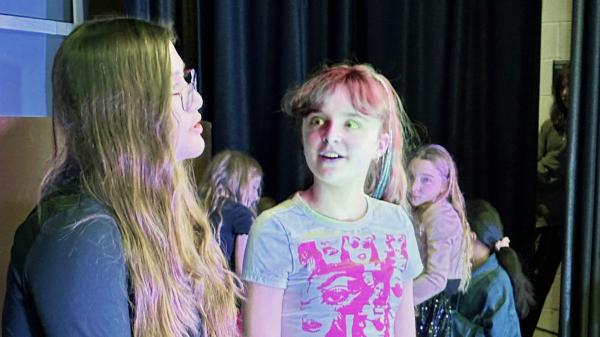
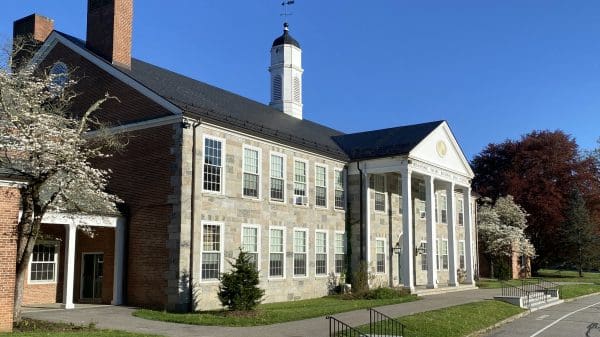
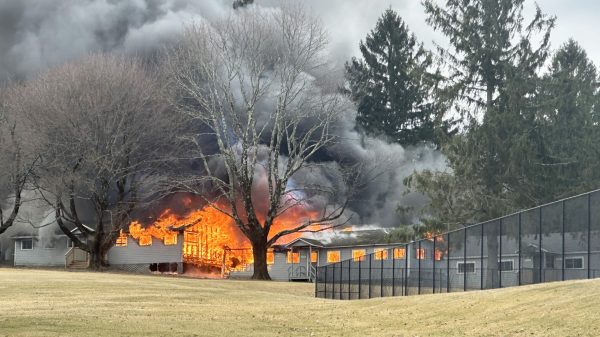
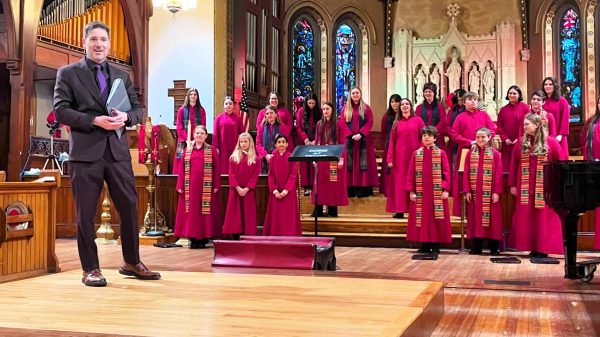



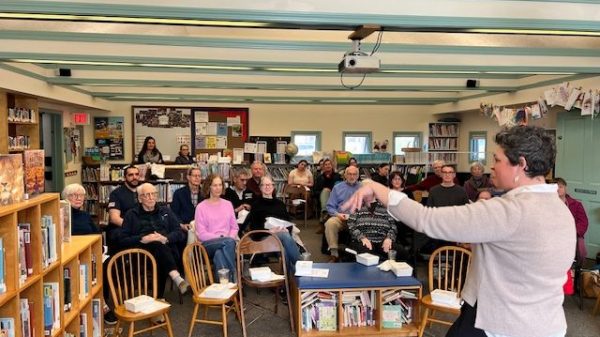




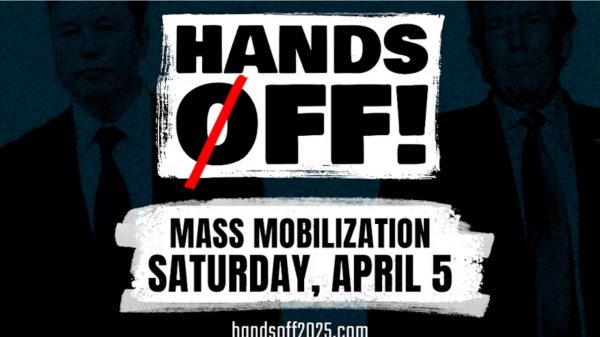






















John Carter
December 8, 2024 at 10:58 am
A superb interview with Dr. baxer! his heart and mind are conjoinedin the right place.